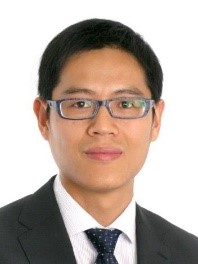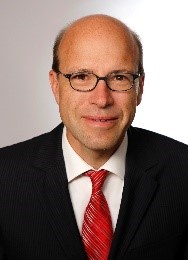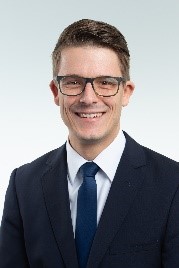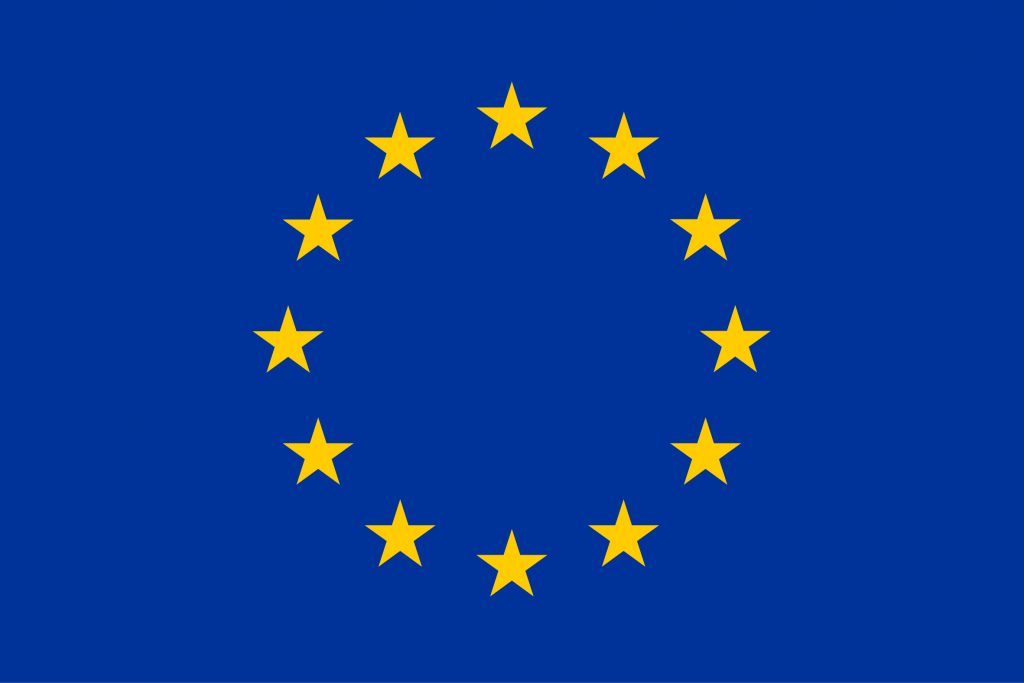German Aerospace Center (DLR)
General description of the institution
The German Aerospace Center (DLR) is the national aeronautics and space research center of the Federal Republic of Germany. Its extensive research and development work in aeronautics, space, energy, transport, security and digitalization is integrated into national and international cooperative ventures. DLR’s portfolio ranges from fundamental to applied research.
The Institute of Engineering Thermodynamics at DLR in Stuttgart, with further research facilities in Cologne, Ulm, Oldenburg and Hamburg, does research in the field of efficient energy storage systems that conserve natural resources, and next generation energy conversion technologies with a staff of 180 scientific and technical employees, engineers and doctoral candidates. The spectrum of activities ranges from theoretical studies to laboratory work for basic research and to the operation of pilot plants.
With about 50 members of staff, the Department of Thermal Process Technology is concerned with thermal energy storage, thermal management and heat exchange topics. These topics are of importance to all fields of energy use and energy supply. Apart from applications in the fields of industrial process heat, combined heat and power and fossil power plants, thermal energy storages are developed and qualified for solar thermal power plants. The significance of energy storage for the power plant sector is reinforced by the demands on net stability with an increasing share of renewable electricity production and by the recent developments in the field of solar thermal power plants, to cover the increasing electricity demand in central Europe. Innovative storage concepts for a temperature range from 100 to 1000 °C are being developed and realized in the department. The technologies under development cover sensible heat storage based on liquid (e.g. molten salts) and solid materials, latent heat storage and thermochemical systems.
The group Thermal Systems for Fluids with about 14 staff members has experience in molten salt research on a material level in the fields of thermal energy storage, conversion of biomass and liquid metal batteries. Competencies relate to physico-chemical properties, thermal decomposition processes, as well as corrosion and material compatibility using lab-equipment such as autoclaves, thermal analysis (e.g. TG-MS, DSC, OptiMelt), wet chemistry post analysis methods (e.g. AAS, titration, IC) and thermophysical measurements (e.g. viscosity). Experimental work is complemented by theoretical calculations and computational methods (e.g. FactSage simulation, calculation of properties of mixtures from single salts). The group also focuses on the component level for thermal energy storage systems with heat and mass transfer aspects and process technology. For this work, the group operates the Test Facility for Thermal Energy Storage in Molten Salts (TESIS) with about 100 tons of salt.
Role in SOLSTICE
- Leading WP6 – Optimization of molten salt electrolytes
- Molten salt secondary electrolyte in Na-ZnCl2 solid electrolyte battery
- Molten salt electrolyte in Na-ZnCl2 all liquid battery
- Electrode solubilities in molten salt electrolyte for Na-ZnCl2 all liquid battery
- Participating WP10 – Preparation of molten salt electrolytes for demonstrator
Key Persons
 |
Dr.-Ing. Wenjin Ding: Leader of WP6 on optimization of molten salt electrolytes and coordinator from DLR side. He will be responsible and involved in the scientific work in the project.
|
 |
Ralf Hoffmann: Works at DLR as a technical employee, is responsible for building, care and maintenance of experimental equipments and runs the experiments.
|
 |
Andrea Hanke: Works at DLR as a technical employee, is responsible for care and maintenance of analytical equipment and runs the chemical laboratory. |
 |
Dr. Alexander Bonk: Is involved in the development of new apparatuses and experimental methodologies.
|
 |
Dr. Thomas Bauer: Is responsible for the DLR research group on molten salt storage located in Cologne and Stuttgart. This research group addresses the development of molten salt storage along the value chain. |


